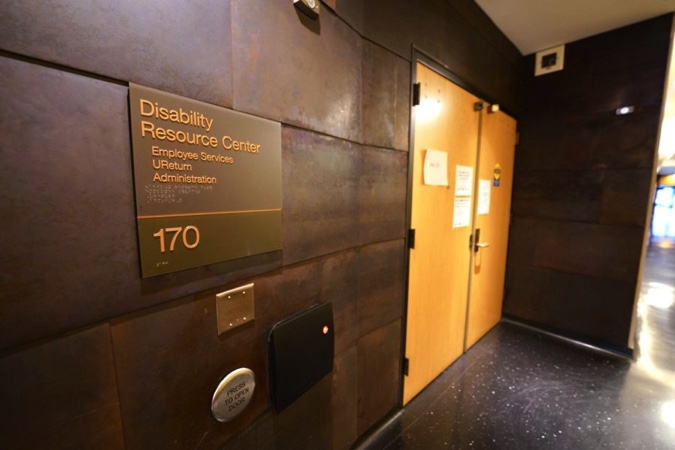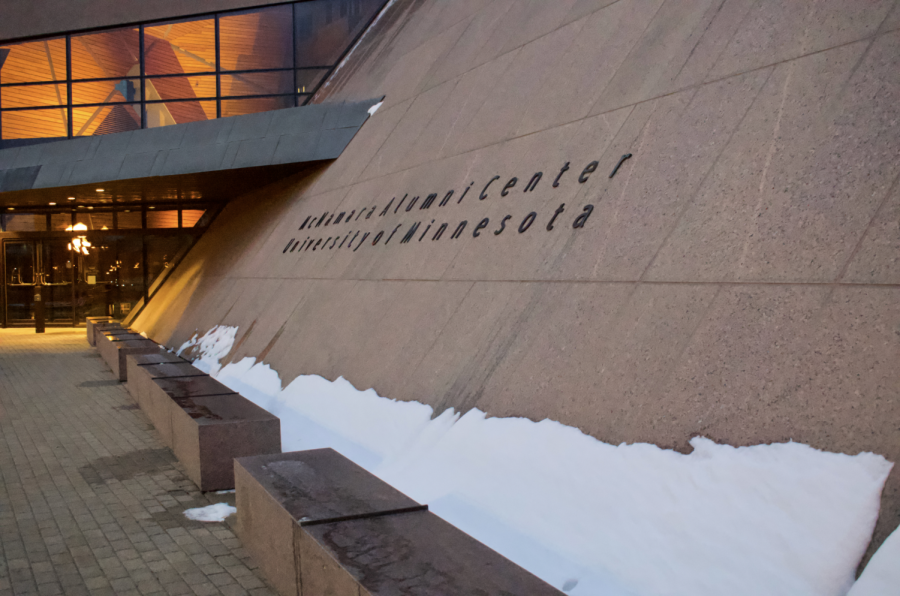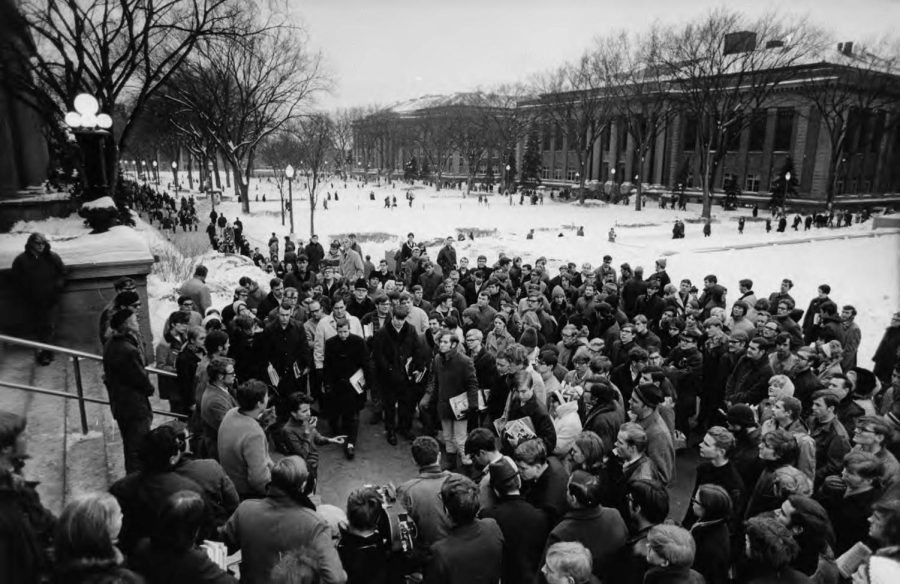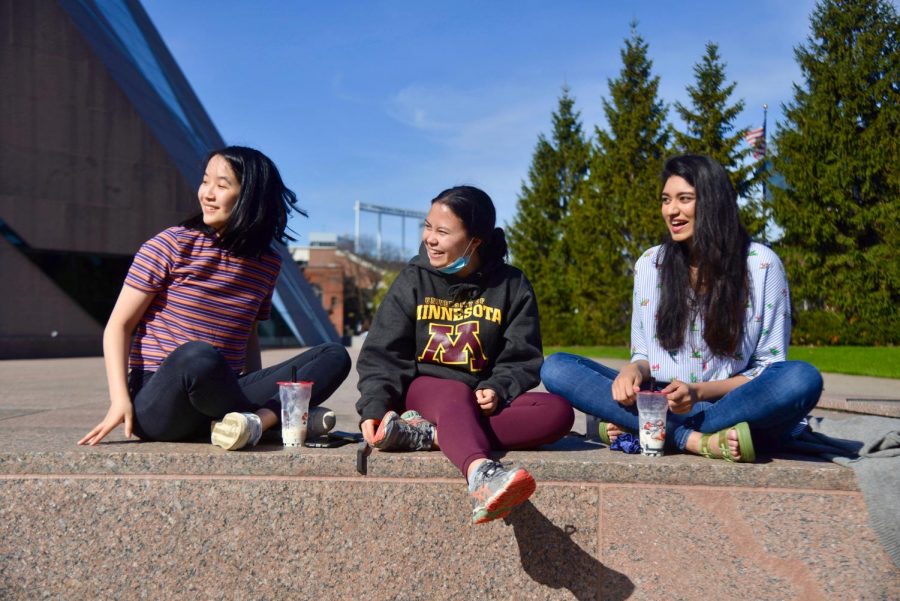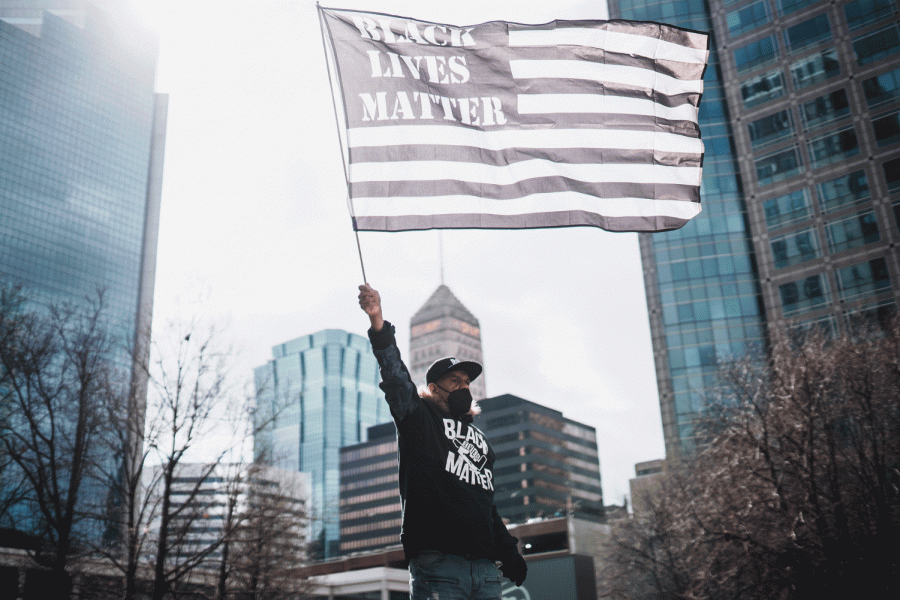A woman reported a sexual assault to the Minneapolis Police Department four months ago, and a storm ensued, roiling the University of Minnesota’s Athletics Department over winter break.
Prior to the suspension of 10 University of Minnesota football players connected to the alleged assault, restraining orders were served and lifted, and angry reactions from Gophers players spawned a turnover in team leadership.
Now, the team will kick off their 2017 season under P.J. Fleck, former Western Michigan University head coach who, at 36, will be the youngest to lead a team in the Power 5 conferences and will be the highest-paid head coach in University history at $18 million over five years.
It’s the latest update since the team staged a less-than-48-hour boycott of all football activities, “in solidarity,” they said, with their 10 “brothers” who they believe were unfairly suspended from the team in connection with the alleged Sept. 2 assault.
The boycott, publically supported by many on the coaching staff, pitted the team against the University’s administration — which stood by its decision to suspend the players after an internal University investigation of the incident — and victim-survivors and advocates.

After the alleged assault, the victim-survivor, a University football game-day employee and student, reported the incident to Minneapolis police on Sept. 3.
News broke on Sept. 12 that four football players — KiAnte Hardin, Ray Buford, Tamarion Johnson and Dior Johnson — were being investigated by Minneapolis police.
Former head coach Tracy Claeys suspended the players for violating team rules.
But no arrests were made, and one month later, the Hennepin County attorney’s office announced it wouldn’t pursue charges against the four players.
On Oct. 4, Claeys lifted the players’ suspensions. But two weeks later, the four players, plus an additional — Carlton Djam — were served with restraining orders from the victim-survivor, barring them from playing in home games.
On Oct. 22, Kiondre Thomas, a sixth player, picked up a two-day restraining order. The six were barred from playing against Rutgers at TCF Bank Stadium.
The six appeared in Hennepin County District Court Tuesday, Oct. 25, though only five still carried restraining orders. Lee Hutton, their attorney, said he would pursue the dismissal of one restraining order as possible grounds for dropping the others.
By Nov. 2, the alleged victim-survivor and football players reached a settlement. The five remaining restraining orders were dropped, on grounds that the football players would stay at least 20 feet away from the woman.
After that, the case left civil court.
The Gophers continued their season with the accused allowed to play again. On Sunday, Dec. 4, the team was selected to play Washington State in the Holiday Bowl on Dec. 27 in San Diego.
The University announced Dec. 13 that (the six) players, minus Thomas and plus another five — Seth Green, Kobe McCrary, Antonio Shenault, Mark Williams and Antoine Winfield Jr. — were suspended from the team.
The school’s Office of Equal Opportunity and Affirmative Action (EOAA) had completed an investigation into the players and the alleged sexual assault. The University wouldn’t release more information at the time, but the 10 players were barred from playing in the Dec. 27 Holiday Bowl.
Claeys didn’t speak publicly on the suspensions at the time, and at a Dec. 14 news conference, Athletics Director Mark Coyle said student privacy laws prevent him (meaning Coyle) from commenting any further on the suspensions.
The next day, the team announced its boycott because they felt that their teammates had been treated unfairly.
“We’re concerned that our brothers have been named publicly with reckless disregard in violation of their constitutional rights,” senior wide receiver Drew Wolitarsky said in a prepared statement at a Dec. 15 news conference. “This effort is by players and for players.”

The entire team congregated at the University of Minnesota Gibson-Nagurski Football Complex, where they requested a private meeting with Board of Regents members Michael Hsu and Darrin Rosha, and a reversal of the players’ suspensions.
At the conference — despite federal requirements that schools investigate sexual assault reports — Wolitarsky called the Title IX investigation “unjust.”
On social media, players and victim-survivor advocates alike expressed their beliefs.
Using the hashtag #WeHadEnough, players responded to the suspensions.
Claeys, along with defensive coordinator Jay Sawvel tweeted their support for the team. Both have since been fired.
“Have never been more proud of our kids. I respect their rights & support their effort to make a better world!” Claeys tweeted Dec. 15. The tweet received over 1,000 likes.
Players and University administrators kept their dealings largely under wraps the next day. Members of the team met with regent members and University of Minnesota President Eric Kaler. Coyle and Kaler wrote an open letter to student athletes, stating “certain behavior is simply unacceptable and antithetical to our institutional values.”
Kaler released a campus-wide statement the same day. It said upholding “institutional values” was “far more important than any football game.”
Local ABC affiliate KSTP-TV released the 84-page EOAA report, which detailed the victim-survivor’s account of the alleged assault. The University found it “more likely than not” that five of the football players committed sexual assault and sexual harassment, and another five committed sexual harassment.
The team called off their boycott at a 9 a.m. news conference the next day, Dec. 17. They continued to press for a “fair hearing” for their 10 teammates and promised to tackle sexual assault and violence as a team.
“Sexual harassment and violence against women have no place on this campus, on our team, in our society, and at no time is it ever condoned,” Wolitarsky said, adding that the team recognized a difference between a “legal threshold” and a “moral threshold.”
The team also requested a hearing process through the University’s Office for Student Conduct and Academic Integrity, which, based on the EOAA report, recommended school expulsions for five of the players — Ray Buford, Carlton Djam, Dior Johnson, Tamarion Johnson and KiAnte Hardin — one-year suspensions for Seth Green, Kobe McCrary, Mark Williams and Antoine Winfield Jr., and probation for Antonio Shenault.
About 250 demonstrators gathered outside TCF Bank Stadium that day to show solidarity with the victim-survivor. The protest was planned in advance of the boycott.

Claeys spoke Dec. 18 in front of reporters for the first time since the start of the boycott, stating on multiple occasions his team boycotted to achieve “due process” for their 10 teammates.
Claeys admitted a lack of understanding of the University’s disciplinary processes, adding that all University staff and students should receive education on the differences between the school’s student conduct code and criminal law.
“We have to do a lot better — I have to do a lot better — on being trained on all those processes,” Claeys said.
Higher education institutions are federally required to investigate sexual misconduct reports using different standards and a lower burden of proof than the U.S. criminal justice system.
And with the federal government’s pressure on schools to clamp down on sexual misconduct, it’s become increasingly common (cannot access article) — and controversial — for colleges and universities to sanction accused students for sex offenses, even if a criminal investigation or prosecution of the same allegation results in no charges or a not guilty verdict in court.
The Gophers went on to defeat Washington State in the Holiday Bowl 17-12 without the team’s 10 suspended players. Claeys didn’t address the status of his contract at the time but was fired Jan. 3.
P.J. Fleck’s hiring was announced three days later. An energetic Fleck said in a news conference he “eats difficult conversations for breakfast and that is why I took this job.”









